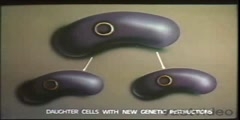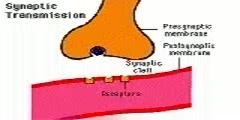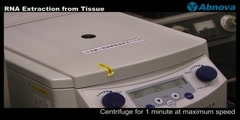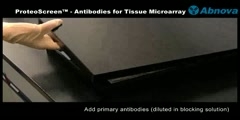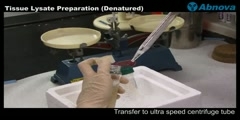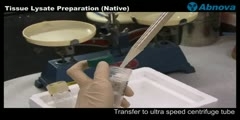Lec 22 - Tissue Engineering
"Lec 22 - Tissue Engineering" Frontiers of Biomedical Engineering (BENG 100) Professor Saltzman motivates the need for tissue engineering, and describes the basic elements of the tissue engineering approach. Professor Saltzman defines three different types of tissue transplants: autografts, allografts, and xenografts. An online resource for organ donors/recipients is presented, which stresses the great need for donors, and the important contribution of tissue engineering in producing/growing organs that can be used for this purpose. Next, Professor Saltzman compared drug and gene therapy, and discusses the use of stem cell in tissue engineering for wound healing. The need for compatible biomaterials to support growth and differentiation of stem cells into functional organ is also highlighted. 00:00 - Chapter 1. Introduction to Tissue Engineering 06:15 - Chapter 2. Challenges in Organ Transplantation 17:37 - Chapter 3. Cell Culturing in Tissue Engineering 32:34 - Chapter 4. Tissue Engineering in the Regulation of Healing Processes Complete course materials are available at the Open Yale Courses website: http://open.yale.edu/courses This course was recorded in Spring 2008.
Video is embedded from external source so embedding is not available.
Video is embedded from external source so download is not available.
Channels: Others
Tags: allograft autograft biomaterials organ donor tissue engineering transplant xenograft
Uploaded by: yalefrontbio ( Send Message ) on 31-08-2012.
Duration: 50m 8s
Here is the next lecture for this course
Lec 23 - Tissue Engineering (cont.)
42:00 | 3618 viewsLec 39 - Free Osseous Tissue Autograft t ...
17:00 | 3338 viewsLec - 22 ME C117 Soft Tissue Reconstruction
01:05:21 | 2993 viewsLec 16 - Introduction to Chemical Engineering
47:36 | 2827 viewsBacteria: Genetic Engineering
02:35 | 45060 viewsBioethics Of Human Genetic Engineering - ...
06:53 | 31370 viewsSignal transmission from nerve to tissue
00:13 | 14470 viewsRNA Extraction from Tissue
04:12 | 15354 viewsAnalysis of protein expression: tissue mi ...
09:33 | 11455 viewsTissue Lysate Preparation (Denatured)
02:36 | 10367 viewsTissue Lysate Preparation (Native)
02:10 | 11205 viewsAnimals and Genetical Engineering - The F ...
04:38 | 5685 viewsDesigning Humanity - Genetic Engineering
02:54 | 14171 viewsScience behind genetic engineering
29:48 | 9382 viewsGenetic engineering video
05:59 | 12103 viewsNo content is added to this lecture.
This video is a part of a lecture series from of Yale
Lecture list for this course
Lec 1 - What Is Biomedical Engineering?
Lec 2 - What Is Biomedical Engineering? (cont.)
Lec 4 - Genetic Engineering (cont.)
Lec 5 - Cell Culture Engineering
Lec 6 - Cell Culture Engineering (cont.)
Lec 7 - Cell Communication and Immunology
Lec 8 - Cell Communication and Immunology (cont.)
Lec 9 - Biomolecular Engineering: Engineering of Immunity
Lec 10 - Biomolecular Engineering: Engineering of Immunity (cont.)
Lec 11 - Biomolecular Engineering: General Concepts
Lec 12 - Biomolecular Engineering: General Concepts (cont.)
Lec 13 - Cardiovascular Physiology
Lec 14 - Cardiovascular Physiology (cont.)
Lec 15 - Cardiovascular Physiology (cont.)
Lec 17 - Renal Physiology (cont.)
Lec 18 - Biomechanics and Orthopedics
Lec 19 - Biomechanics and Orthopedics (cont.)
Lec 23 - Tissue Engineering (cont.)




